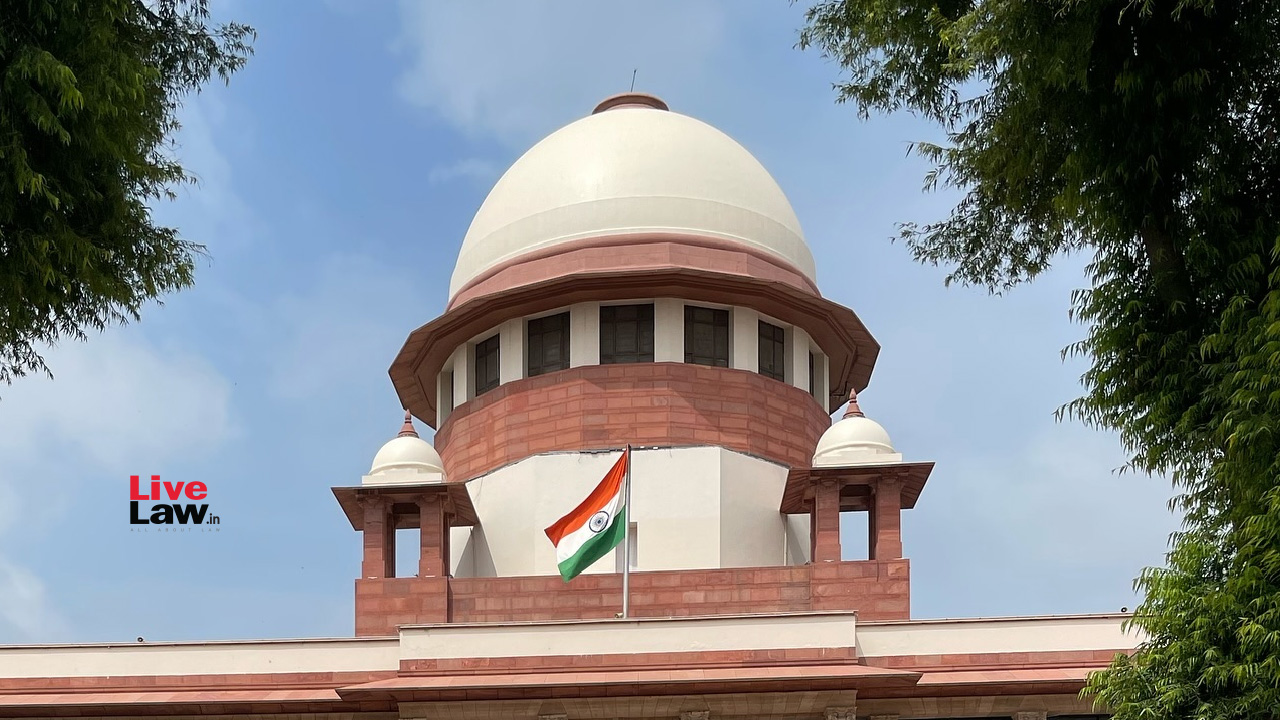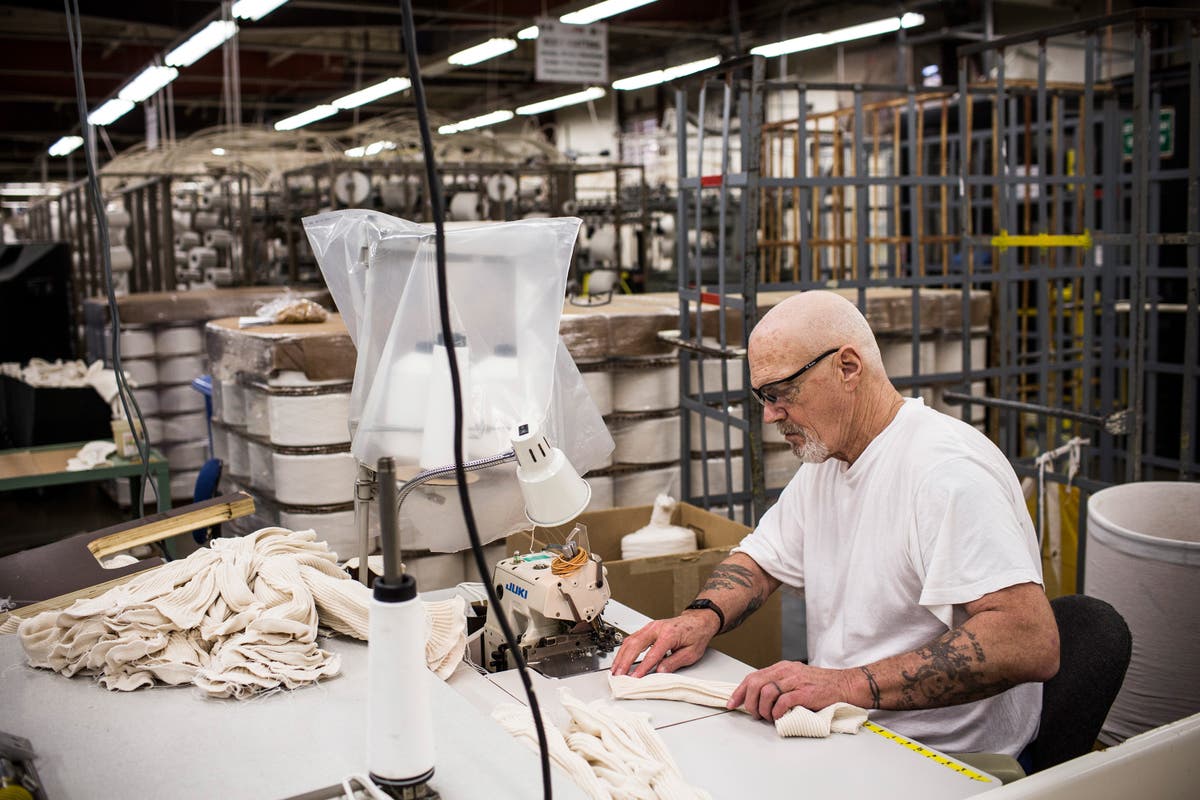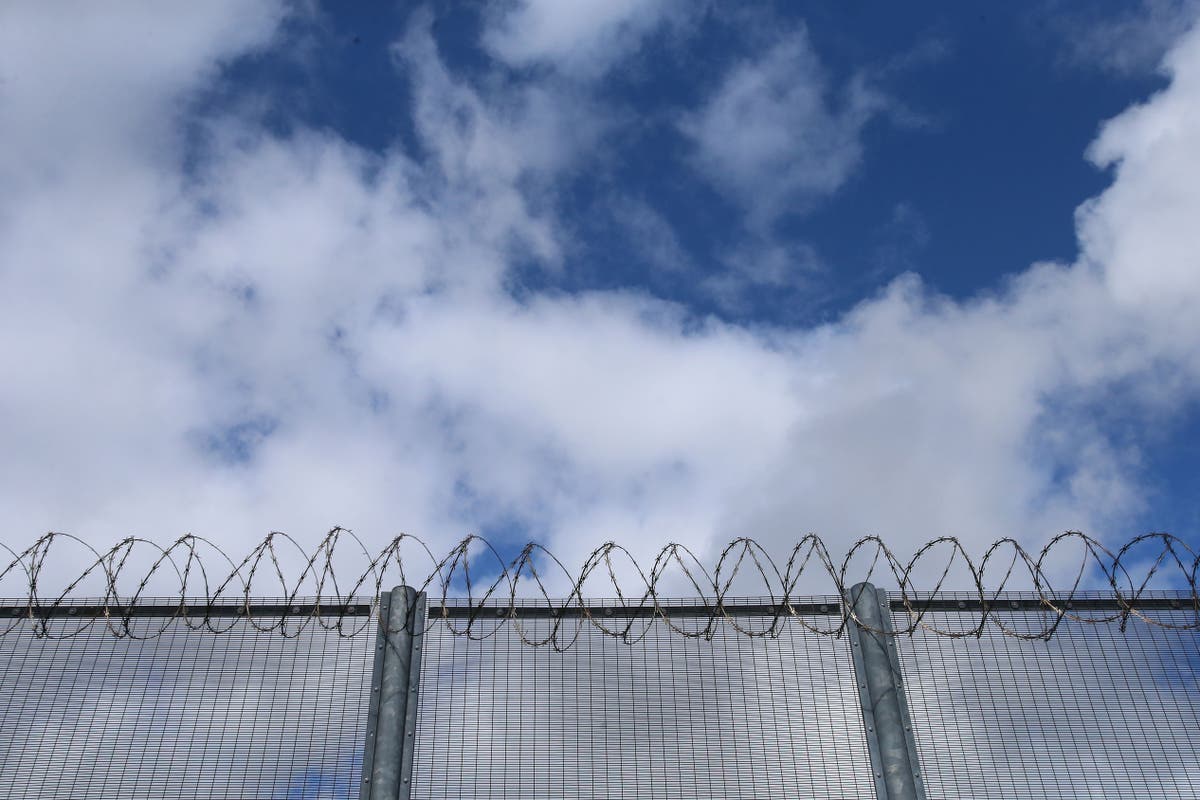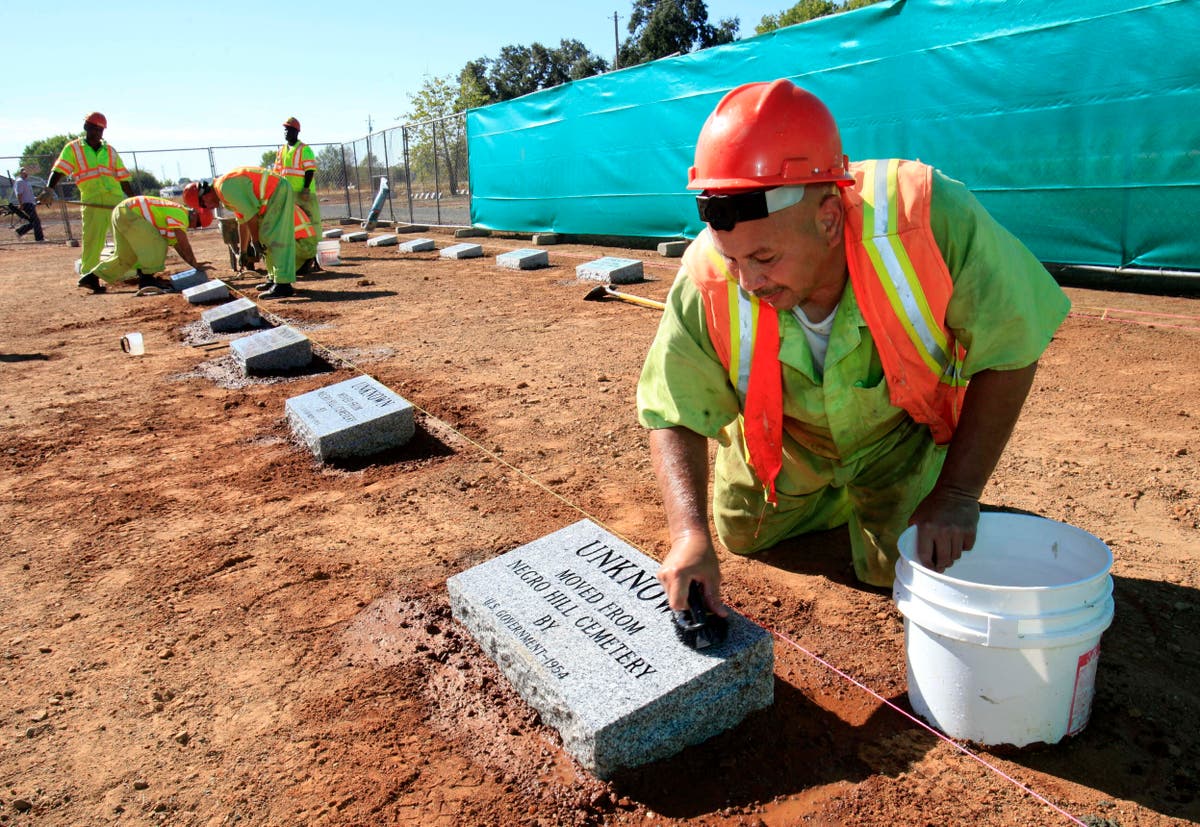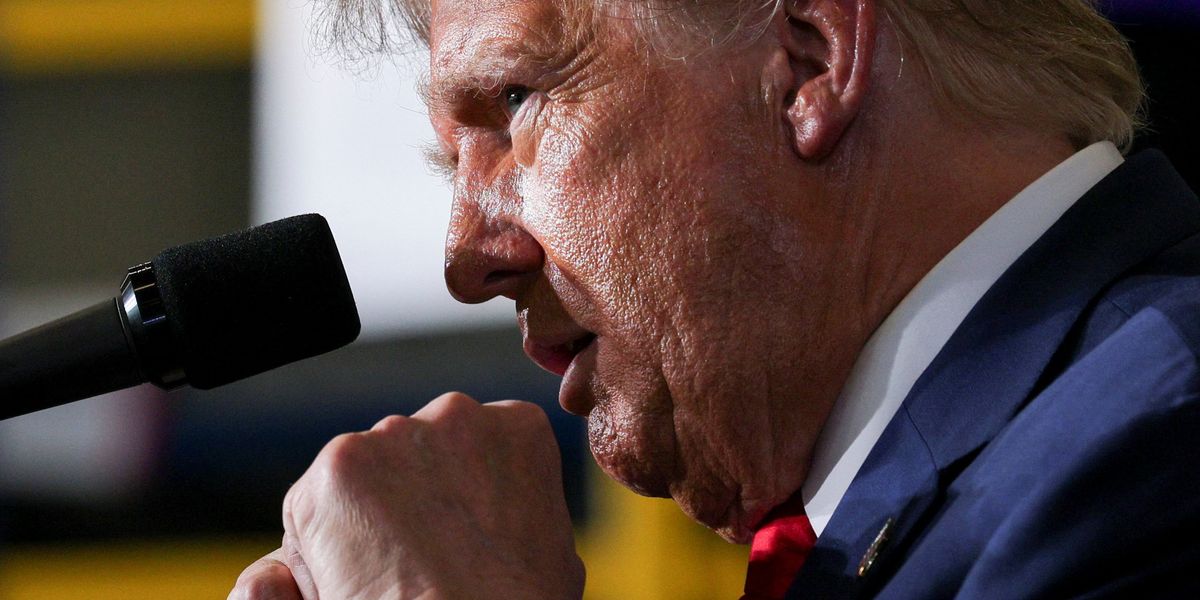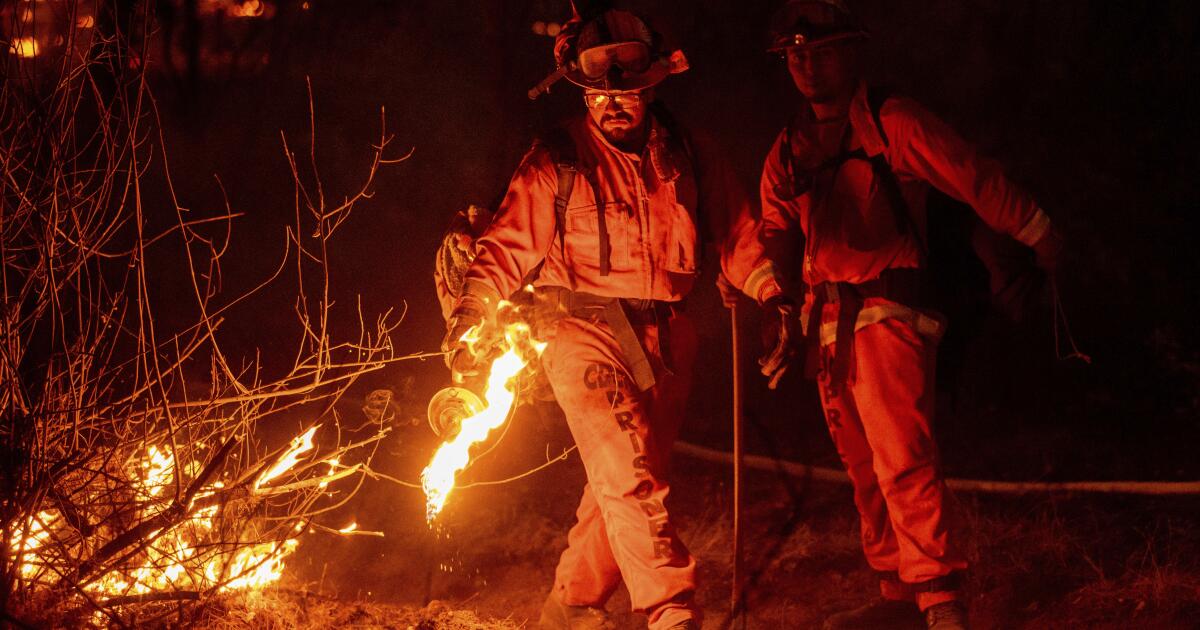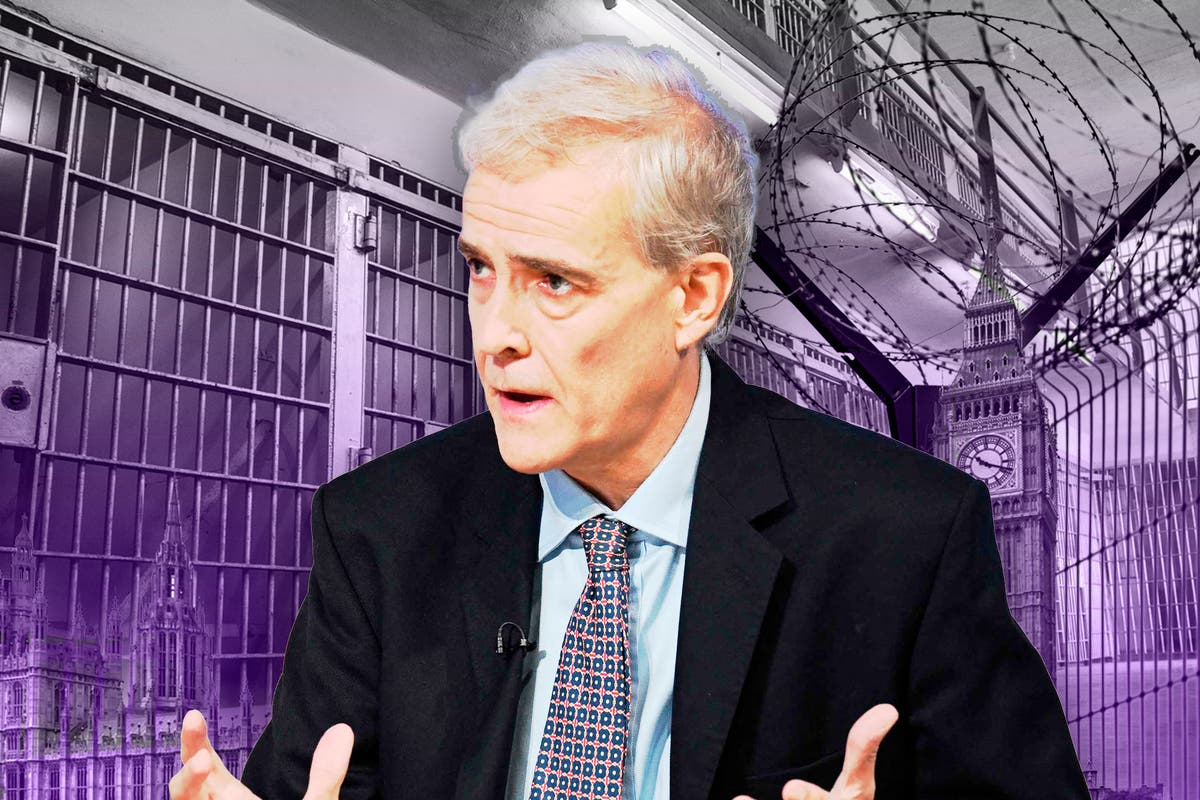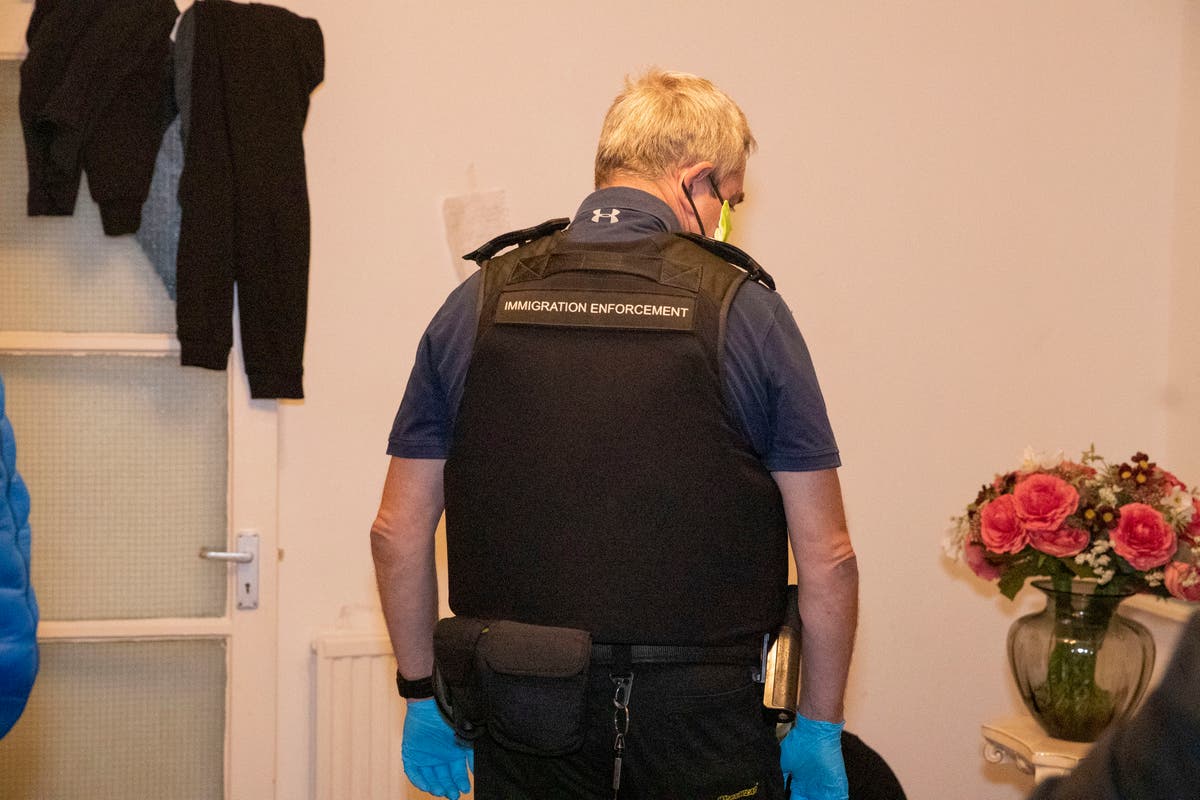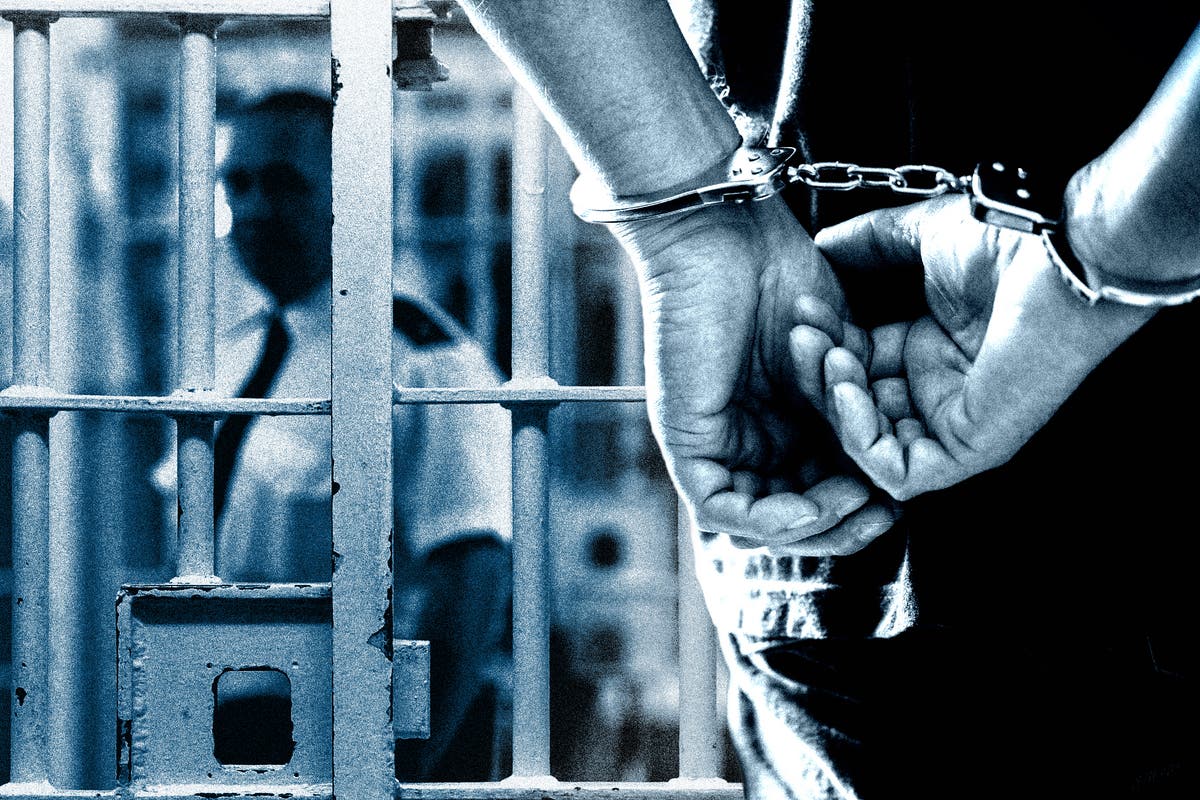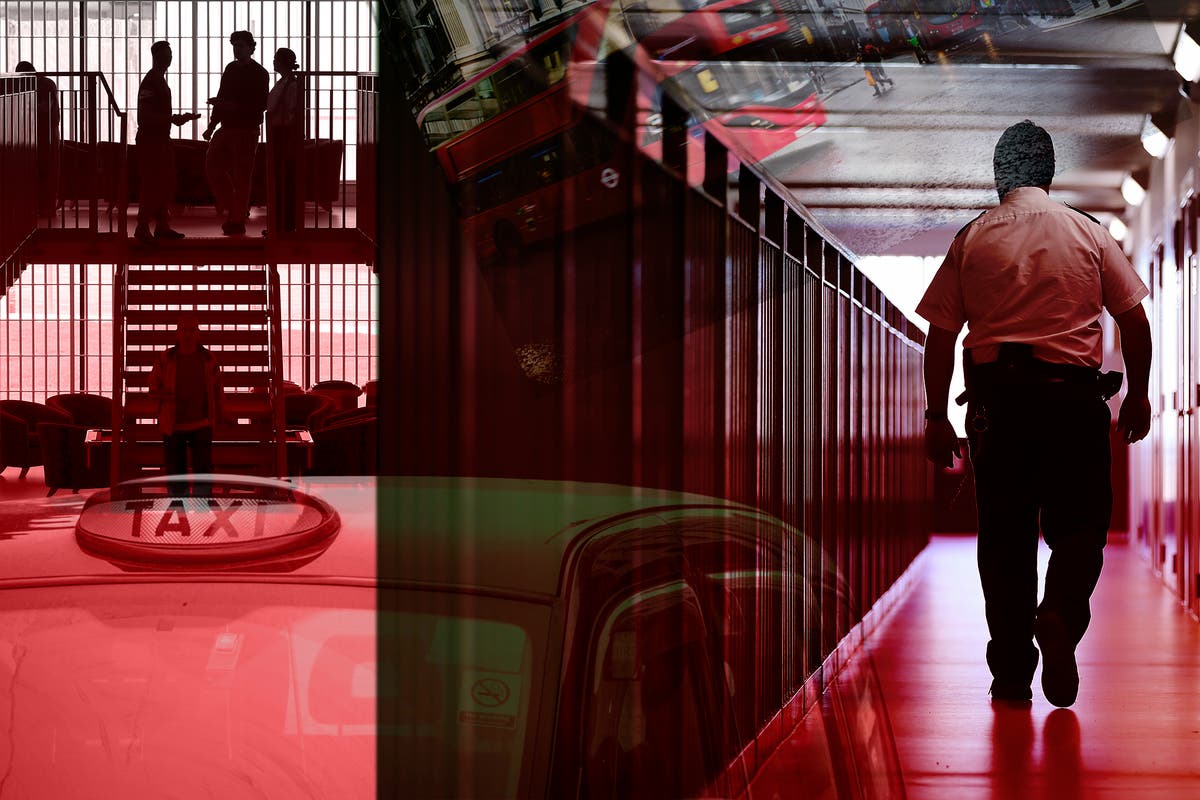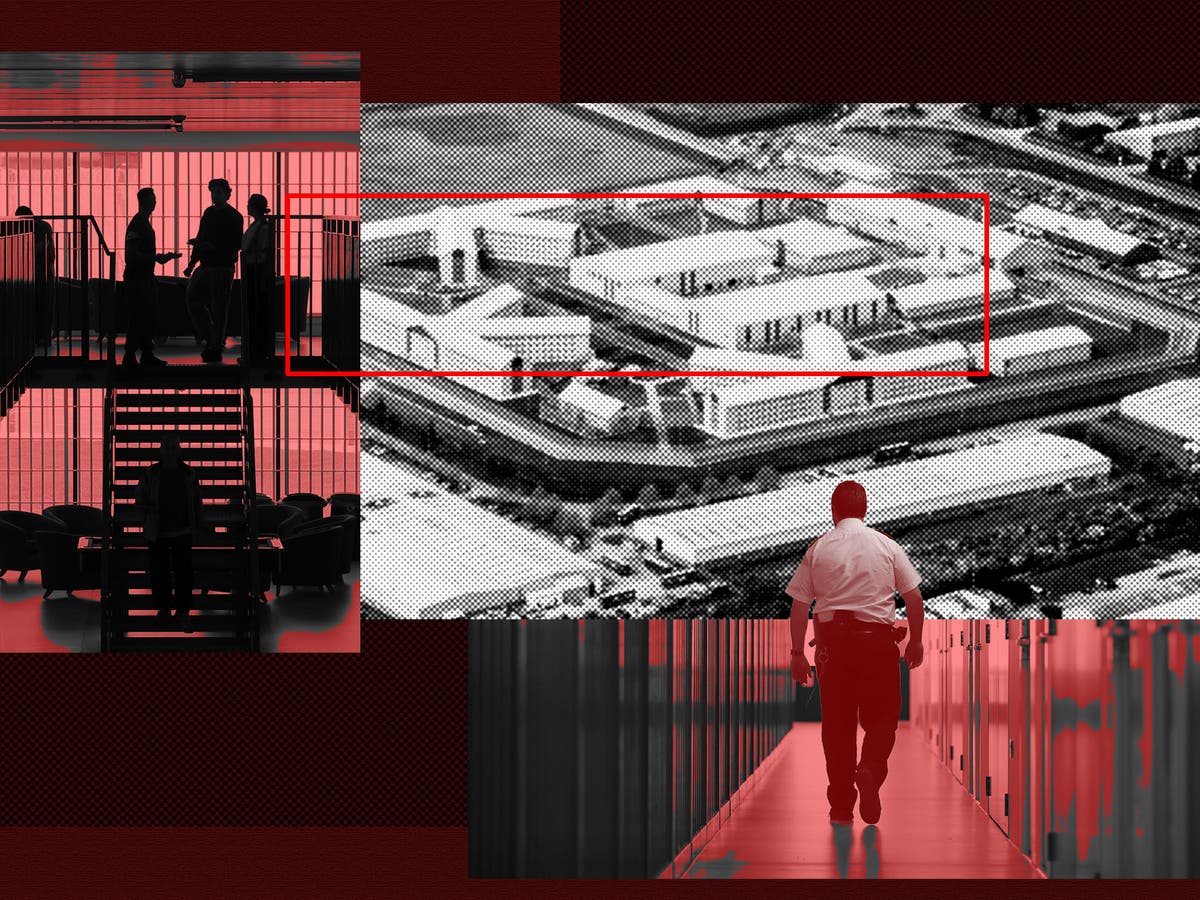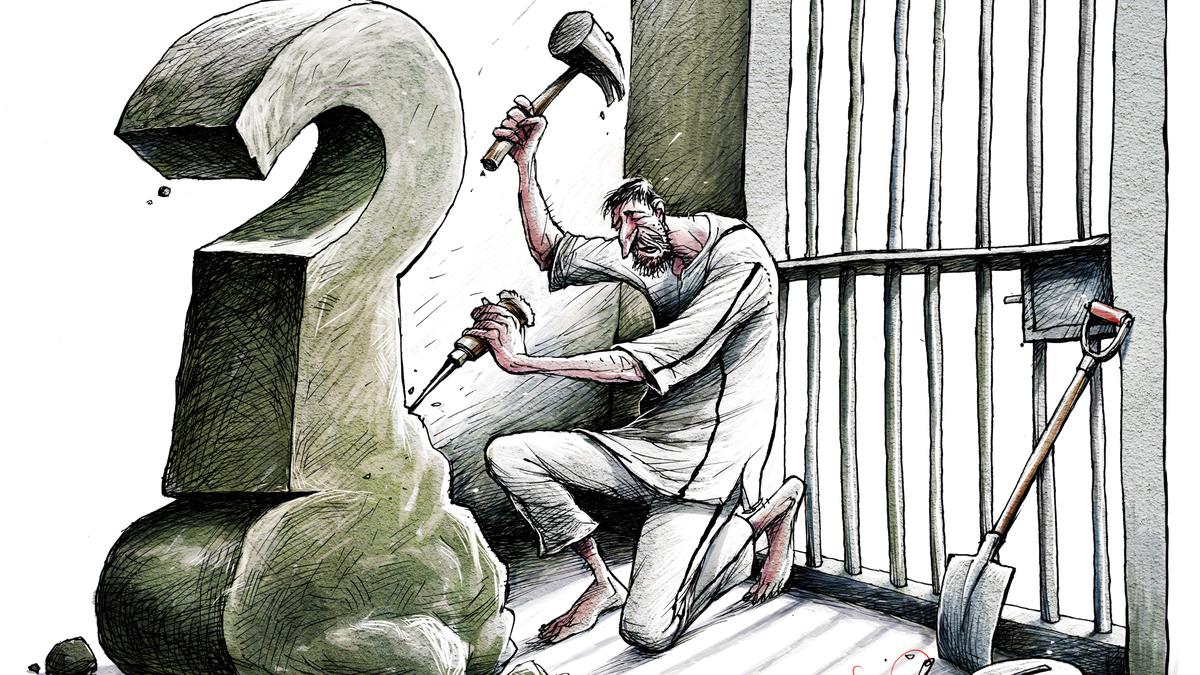Takeaways from the AP’s investigation into how US prisoners are hurt or killed on the job
Associated PressA sweeping Associated Press investigation into prison labor in the United States found that prisoners who are hurt or killed on the job are often being denied the rights and protections offered to other American workers. Here are takeaways from the latest installment of AP’s investigation: PRISONERS ARE AMONG THE MOST VULNERABLE U.S. WORKERS Laws in some states spell it out clearly: Prisoners aren’t classified as employees, whether they’re working inside correctional facilities or for private businesses through prison contracts or work-release programs. It’s almost impossible to know how many incarcerated workers are hurt or killed each year, the AP found, partly due to privacy laws but also because prisoners often don’t report injuries, fearing retaliation or losing privileges like contact with their families. More than 800,000 prisoners have some kind of job, from serving food inside facilities to working outside for private companies, including work-release assignments everywhere from Burger King to Tyson Foods poultry plants. And it’s all legal: A loophole in the 13th Amendment to the U.S. Constitution passed after the Civil War makes forced labor legal, abolishing slavery except “as punishment for a crime.” Few critics believe all prison jobs should be eliminated, but say work should be voluntary and that prisoners should be fairly paid and treated humanely.
History of this topic
Takeaways from The Associated Press’ reporting on prison labor in Alabama
Associated Press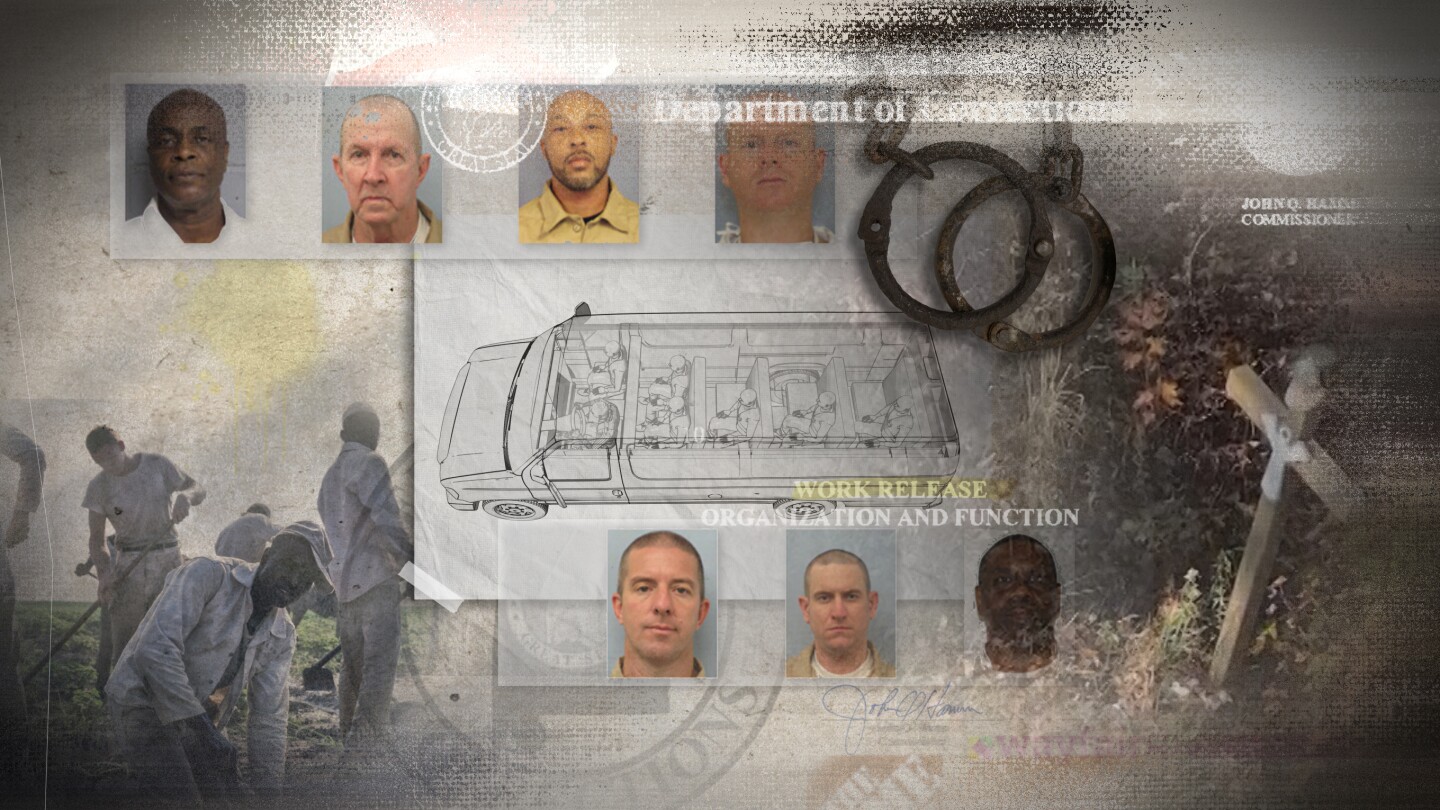
Alabama profits off prisoners who work at McDonald’s but deems them too dangerous for parole
Associated PressSen. Cory Booker questions US prison labor policies, calls for change
Associated Press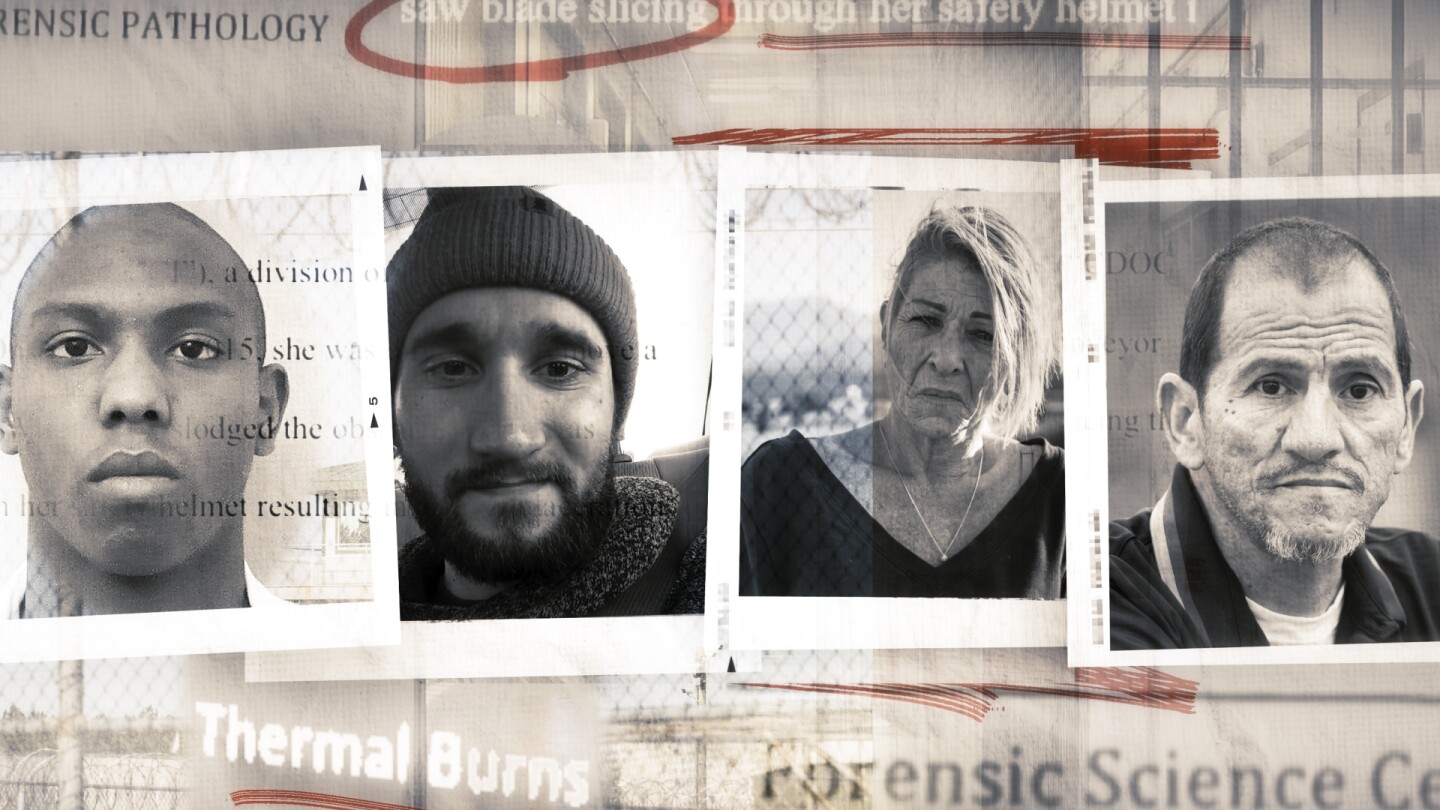
US prisoners are being assigned dangerous jobs. But what happens if they are hurt or killed?
Associated Press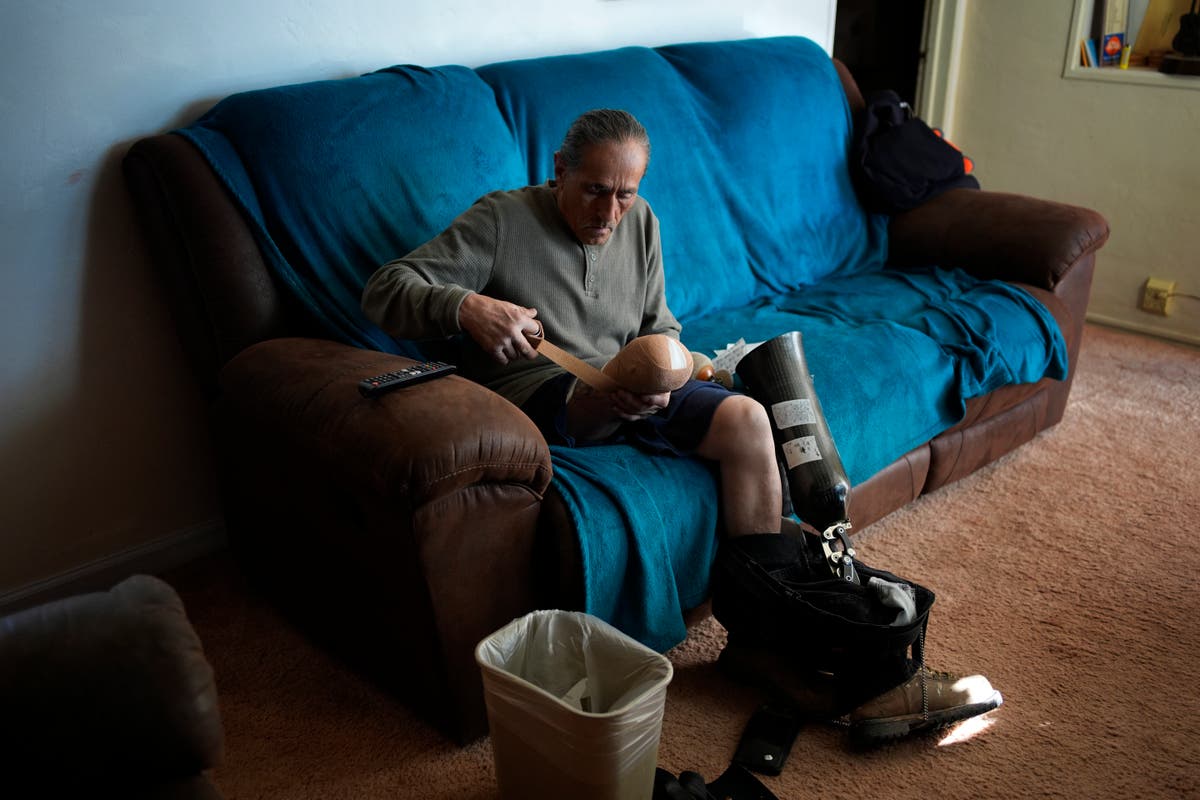
US prisoners are being assigned dangerous jobs. But what happens if they are hurt or killed?
The IndependentTakeaways from the AP’s investigation into how US prison labor supports many popular food brands
Associated PressPrisoners in the US are part of a hidden workforce linked to hundreds of popular food brands
Associated Press
‘Coercive and arbitrary’: New report details US prison labour
Al JazeeraDiscover Related

